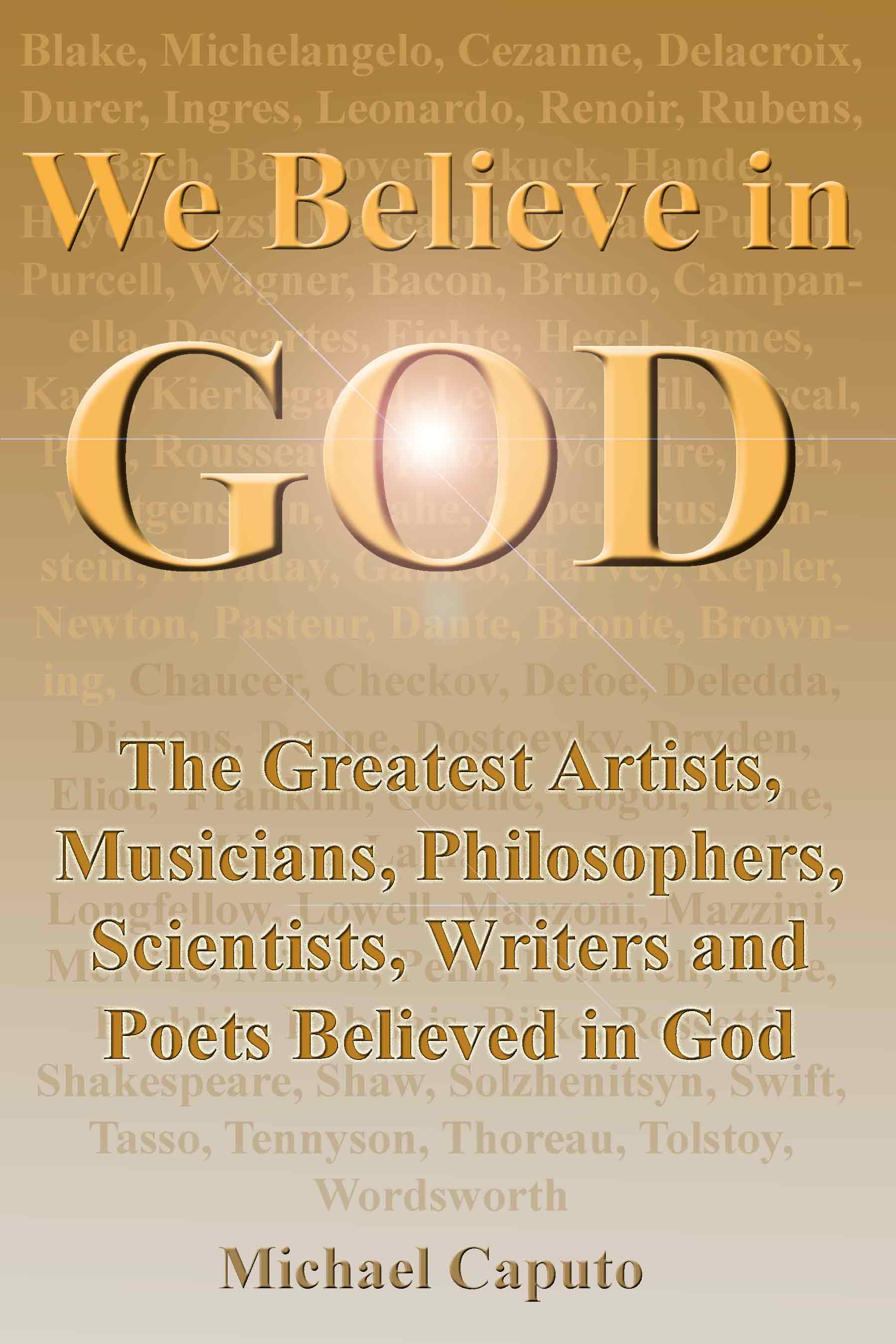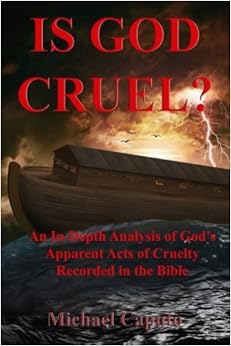| |
PHILIP
PULLMAN: CRITICISMS AND REBUTTALS
Christopher Hitchens just finished having his hour on
the anti-Christian stage and now enter Philip Pullman, an admitted
Christianity basher and a writer of children books clearly meant to undermine
Christianity. I just finished reading Pullman's biography, and it is most
enlightening. He lost his father, in a plane crash in 1953, when he was only seven. He went to live with his
grandfather, an English "clergyman," soon after. An early loss of a parent
can lead to confusion and resentment toward God. Some kids conclude that it
was God who took the parent away, thus holding within themselves
bitterness that later on may transform itself into full-blown atheism.
Going to live
with an old "clergyman" grandfather "may" have added fuel to the fire,
especially if he was the very conservative type that a child would resent.
Add the two factors together and you might have the ideal foundation
for resentment toward God and Christianity. Pullman is full of both.
Should parents
allow their children to read his God-undermining books? Secular
forces will say "yes." Some liberal pseudo-Christians may actually say "yes"
as well. Christians with common sense will instead say, "Don't hand your
kids to the lions!" He is an "admitted" lion who wants to divest your
kids of all faith in the Christian God. Don't let his "fable-framed,"
"Satanic" Trilogy get even close to your kids. God demands that we
protect our kids from types such as Pullman, and we have the duty to follow
His expectations.
Michael C.
Revealing information about
Pullman's Trilogy from Chris Weitz, the Director of the movie "The Golden
Compass."
"In the second
book, "The Subtle Knife," one of the main characters, Will, is told he
possesses a magical knife that can "defeat the tyrant,” which is identified
as “The Authority. God."
"In the final
book of the series, "The Amber Spyglass," “God” is portrayed as a phony and
liar. Will is told by two fallen homosexual angels that “The Authority” goes
by many names including, "God, the Creator, the Lord, Yahweh, El, Adonai,
the King, the Father, the Almighty,” although “he was never the creator.”
“God” was just the first angel to be created from “Dust.”
By the series’ end, the characters
succeed in killing him."
“Whereas ‘The
Golden Compass’ had to be introduced to the public carefully, the religious
themes in the second and third books can’t be minimized without destroying
the spirit of these Golden
Compass' Director Pledges Not to 'Water Down' Anti-God Sequels."
Phan,
Katherine T., '"Golden Compass' Director
Pledges Not to 'Water Down' Anti-God Sequels."
The Christian Post
Web Site, Nov. 21 2007. <http://www.christianpost.com/article/20071121/30172_%27Golden_Compass%27_Director_Pledges_Not_to_%27Water_Down%27_Anti-God_Sequels.htm>
(22 July, 2008).
Revealing quotes from the New
Yorker about Pullman's outspoken atheistic views.
"...he
is one of England’s most outspoken atheists. In the trilogy, a young girl, Lyra Belacqua, becomes enmeshed in an epic struggle against a nefarious
Church known as the Magisterium; another character, an ex-nun turned
particle physicist named Mary Malone, describes Christianity as “a very
powerful and convincing mistake.” Pullman once told an interviewer that
“every single religion that has a monotheistic god ends up by persecuting
other people and killing them because they don’t accept him.” Peter Hitchens,
a conservative British columnist, published an article about Pullman
entitled “This Is the
Most Dangerous Author in Britain,” in which he called him the writer “the
atheists would have been praying for, if atheists prayed.” (Emphasis mine)
"Pullman is a rangy,
spirited man in his fifties with a bristling fringe of gray hair; at times,
he resembles an intelligent and amused stork. At the lectern, he began,
“Quite what prompted you to ask me to talk about religious education I can’t
immediately see. . . . Given that I’ve voiced some criticisms of religion in
the past, and that various Christian groups have expressed their criticisms
of me, it might be that whatever I said on the subject would be hostile in
any case.” He smiled. “Well, I hope it won’t be that. But we shall see.” He
went on, “I don’t profess
any religion; I don’t think it’s possible that there is a God;
I have the greatest difficulty in understanding what is meant by the words
‘spiritual’ or ‘spirituality’; but I think I can say something about moral
education, and I think it has something to do with the way we understand
stories.”
"In “His Dark Materials,”
Pullman’s criticisms of organized religion come across as anti-authoritarian
and anti-ascetic rather than anti-doctrinal. (Jesus isn’t mentioned in any
of the books, although Pullman has hinted that He might figure in a
forthcoming sequel, “The Book of Dust.”) His fundamental objection is to
ideological tyranny and the rejection of this world in favor of an idealized
afterlife, regardless of creed. As one of the novel’s pagan characters puts
it, “Every church is the
same: control, destroy, obliterate every good feeling.”
OTHER
ENLIGHTENING SOURCES
The Golden Compass: A Briefing for Concerned Parents
Dr R. Albert Mohler, Jr. outlines the worldview and the agenda that lies behind the
trilogy His Dark Materials.
The Golden Compass: A Primer on Atheism
Russ Wise explains The Golden Compass as a primer of Atheism, and presents
suggestions of how Christians, especially parents, can respond.
Atheism For Kids
Gene Edward Veith examines the attack on C.S. Lewis and The Chronicles of
Narnia as the behind the scenes passion of author Philip Pullman.
Links to other helpful articles
The Golden Compass: Pointing in the Wrong Direction
Steve Cable, Research Associate of Probe Ministries, presents an analysis
of The Golden Compass.
The Golden Compass
Christianity Today contributor Peter T. Chattaway's review of the movie
The Golden Compass.
Thinking Christian (Blog)
Tom Gilson offers his review of the trilogy His Dark Materials at his blog
Thinking Christian. Search his blog for updates on this and other
pertinent topics
|
We Believe in God
The Greatest
Artists, Musicians, Philosophers, Scientists, Writers and Poets
Believed in God...(And
a great many Nobel-Prize winners).

Unlike what atheists propagate, the greatest minds
of the past believed in God.
Read the fully-referenced proofs in this book.
AVAILABLE IN BOTH PAPERBACK AND
E-BOOK FORMAT ON AMAZON. |
|
|
Free Booklet from UCG.org
Life's Ultimate Question: Does God Exist?
(No
Follow Up)

HOME |
|
|






